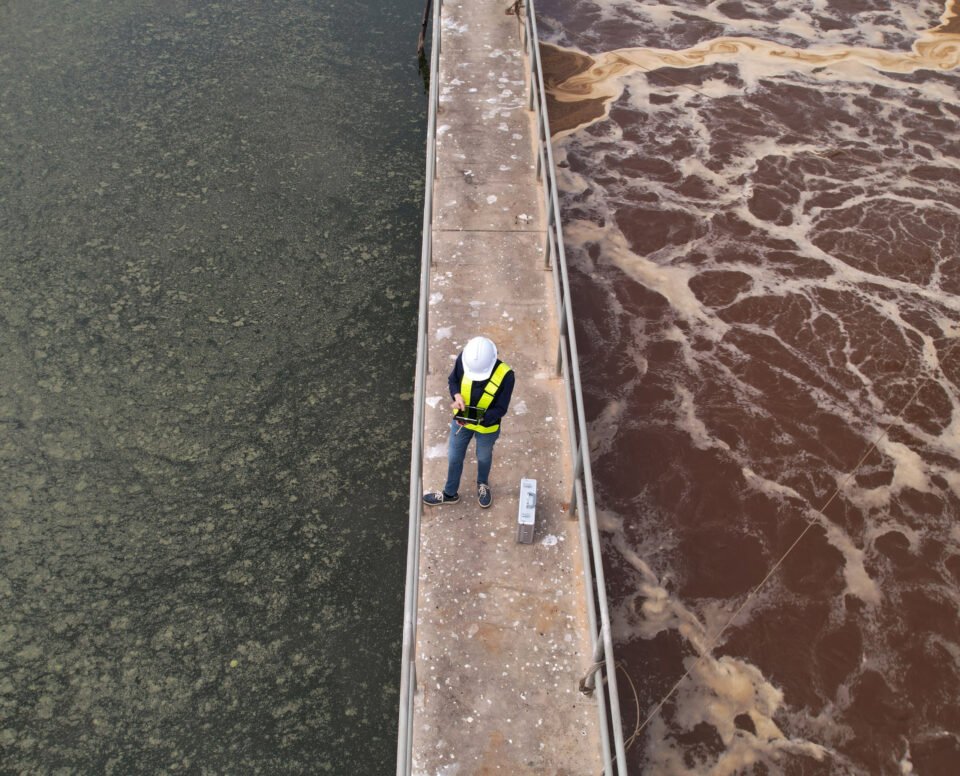As urgency grows to develop climate solutions, a new UCLA report confirms that the wastewater recycling plans for the nation’s second-largest city would make Los Angeles more resilient and self-reliant during droughts or disasters that cut off outside water supplies.
Using a new methodology able to evaluate hundreds of thousands of scenarios, the UCLA research team led by the Luskin Center for Innovation (LCI) found that the Los Angeles city plan would significantly boost local water resilience, minimize risks of aging infrastructure and uncertain water imports, and dramatically reduce drought- and earthquake-driven water shortages. The UCLA researchers intend for other cities dependent on imported water, such as Phoenix and Las Vegas, to use the new methodology to shape their own water solutions.
Los Angeles’ wastewater treatment plan, Pure Water Los Angeles, would create a renewable local water source of more than 250,000 acre-feet of clean drinking water, enough for more than half a million households annually. To support the City’s goal to recycle all wastewater by 2035, the Los Angeles Department of Water and Power committed to invest at least $6 billion in this critical infrastructure project, previously titled Operation Next (OpNEXT). Supporting local water supply transitions is needed not just in Los Angeles, but also in other densely populated urban areas around the world.
“Supporting wastewater recycling infrastructure at scale now would be a strategic investment to address immediate water supply challenges and offers long-term economic and water security benefits,” said Nicolas Chow, a researcher at UCLA LCI and Oxford University.
By developing the OpNEXT Resilience Analysis Model and analyzing about 100,000 scenarios, the researchers found that OpNEXT would:
- Significantly bolster local water supply resilience;
- Improve resilience to uncertain water imports;
- Significantly reduce earthquake-driven water shortages; and
- Offer substantial regional economic benefits.

“Because climate uncertainty will be the largest driver of the City’s water shortage, the City must adapt by developing more local, reliable supplies,” said Gregory Pierce, research director of UCLA LCI. “Operation Next is by far the biggest opportunity the City has to do so.”
Investing in recycled water infrastructure is a smart solution to climate change. . The UCLA LCI’s analysis of the benefits and risks of investing can inform broader planning efforts both in the U.S. and in similar climactic regions globally.
To learn more about UCLA LCI’s research, see our research initiatives on local water supply and wastewater infrastructure.

